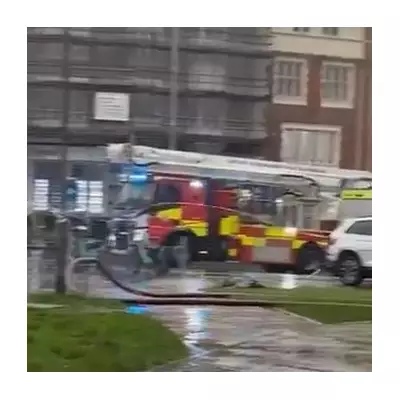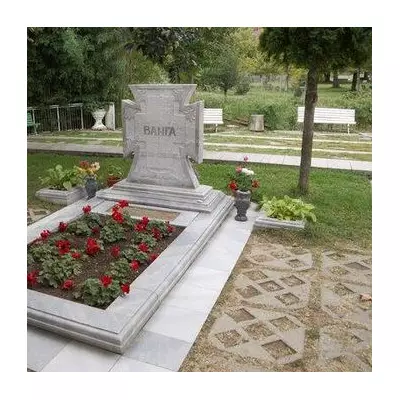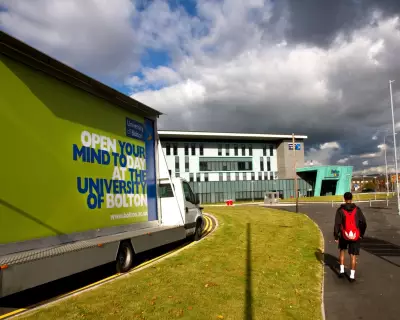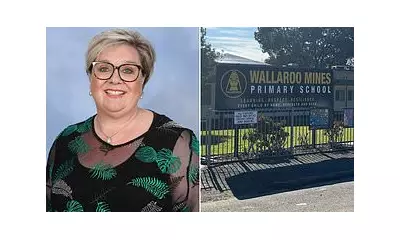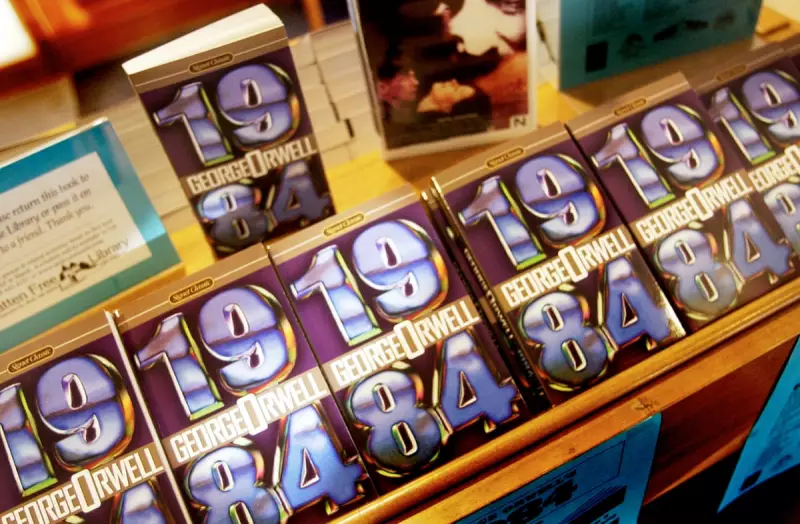
The government of Alberta, Canada, has been forced into a stunning retreat, announcing a full pause on its highly controversial policy to remove certain books from school classrooms. The move comes after a wave of intense criticism from across the nation, branding the initiative as a blatant act of censorship.
Premier Danielle Smith's United Conservative Party government had framed the book removal process as a standard 'curriculum review'. However, critics, including authors, educators, and free speech organisations, saw it as a politically motivated purge targeting materials on diversity, inclusion, and LGBTQ+ themes.
A Policy Met With Immediate Fire
The backlash was swift and severe. An open letter condemning the ban, signed by a coalition of prominent Canadian writers, accused the government of undermining educational integrity and fostering discrimination. The public outcry highlighted a deep divide between the government's agenda and the values of many Albertans.
The controversy centred on the opaque nature of the process. The government provided no clear criteria for which books were being targeted or why, leading to accusations of a shadow ban designed to avoid public scrutiny.
The Official Reasoning and The Real-World Impact
Officially, the pause is attributed to the need for further consultation and to ensure the review aligns with the province's new gender identity policies. Education Minister Demetrios Nicolaides stated the government would "take the time to get this right".
Yet, the damage was already done. The initial announcement created a climate of fear and uncertainty in schools, with teachers and librarians unsure which materials might suddenly be deemed inappropriate. The pause, while welcome, leaves many questions unanswered and the future of classroom resources uncertain.
What Happens Next?
This pause represents a significant victory for advocacy groups and concerned citizens. However, the battle is likely not over. The government has indicated the review will eventually proceed, putting the onus on them to demonstrate a transparent, fair, and inclusive process—free from political interference.
The situation in Alberta serves as a potent reminder of the ongoing cultural debates surrounding education and who gets to decide what students learn and read.


